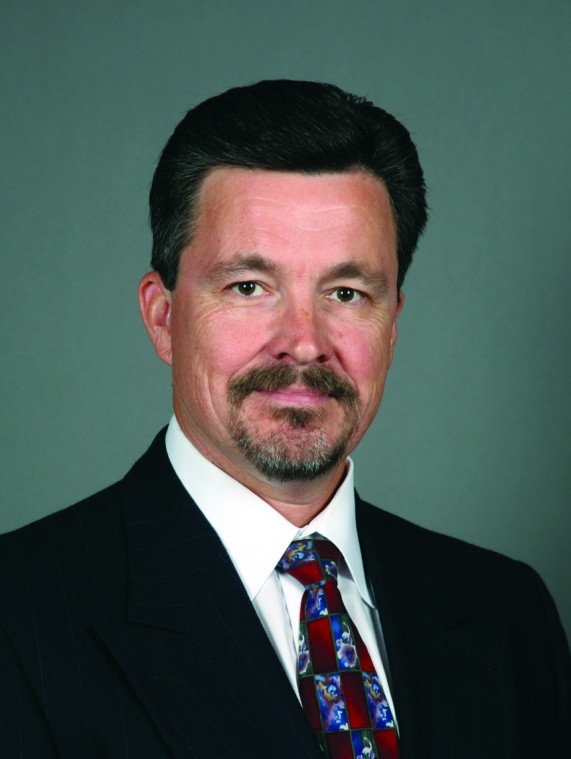As we start the New Year, I thought it might be good time to look at a few of the new laws that could affect the way we do things. The hardworking men and women of our government write, review and pass thousands of laws every year, but we’ll focus on a few that could affect our real estate.
AB 1404: This bill is all about clarifying what is supposed to be common sense. Adjoining land owners are equally responsible for shared fences and boundaries. This bill clarifies how to notify neighbors in clear language about the scope of the work, the solution and the costs. It is codified as Cal Civil Code 841.
Senate Bill 676: The Bureau of Real Estate can now suspend or revoke the license of any agent, broker, director, officer, employee or agent of the corporation who knowingly destroys, alters, conceals, mutilates or falsifies any of the books, papers documents or records of any transaction. Currently Brokerages must keep all transaction files for five years. This takes things a step further than in the past, when there weren’t significant consequences.
Senate Bill 652: Effective July 1, the TDS (Transfer Disclosure Statement) has been revised to require a disclosure of whether a seller is aware of certain construction defect claims under SB 800. This would include claims for damages by the seller based on construction defects, claims for breach of warranty, or claims for breach of an enhanced protection agreement including any lawsuits of claims alleging a defect or deficiency. Basically sellers will need to inform buyers that construction defects exist or did exist and that claims and or settlements have been made with the builder.
AB 381: Protecting the Elderly and others from Wrongful Taking of Property. This law allows the court to hold someone liable for twice the value of property belonging to a trust, estate of a deceased person, conservatee or minor, if the property has been wrongfully taken, concealed or disposed of. From my perspective, anything we can do to protect the elderly is a good.
Senate Bill 745: Smoke Detector Specification Changed. Starting July 1, the state fire marshall will not approve a battery-operated smoke alarm unless it contains a non-replaceable, non-removable battery capable of powering the smoke alarm for at least 10 years. An exception to this rule applies to smoke alarms ordered by, or in the inventory of, an owner, managing agent, contractor, wholesaler or retailer on or before July 1. Stores should love this law; smoke detectors have now increased from $8 to $27 each.
Senate Bill 745: Correction to Water-Conserving Plumbing Fixture Requirements. Existing law that erroneously requires, starting Jan. 1, the replacement of noncompliant plumbing fixtures in a “commercial residential real property” when making certain building alterations has been corrected to apply to “commercial real property” instead. As background, water-conserving plumbing fixtures are required for single family residences starting in 2017 (unless the property is remodeled as specified on or after Jan. 1) and multi-family residential real property and commercial real property starting in 2019 (unless property is remodeled as specified on or after Jan. 1). This will have no immediate effect on us, unless we remodel our homes. My only concern is that this opens the door to future legislation that may force us to upgrade whether or not we are remodeling. I predict this will become a point of sale issue in the not too distant future.
AB 341: Establishing Green Building Standards in the Building Code. The California Building Standards Commission and state agencies that propose green building standards must allow for input by other state agencies with expertise in green building subject areas. These other state agencies must submit suggested changes for consideration in accordance with administrative procedures to be adopted as regulations.
And this last law, for you Tesla drivers; AB 1092: Building Standards for Electric Vehicle Charging Stations. Starting with the next triennial edition of the California Building Standard Code adopted after Jan. 1, the California Building Standards Commission must adopt, codify and publish mandatory building standards for the installation of future electric vehicle charging infrastructure for parking spaces in multifamily dwellings and nonresidential developments. Furthermore, the Department of Housing and Community Development (HCD) is required to submit proposed mandatory building standards to the Commission for consideration. I understand Palo Alto is already considering making builders include wiring for charging stations in new home construction.
That’s just a few of the new laws for 2014 which may impact your real estate transactions. As with any changes, a competent local Realtor will be able to advise you on the current laws and any local zoning or code issues.
Lee Schmidt is the broker/owner of Realty World South County and can be reached at (408) 782-9933 or le*@**sc.biz.










